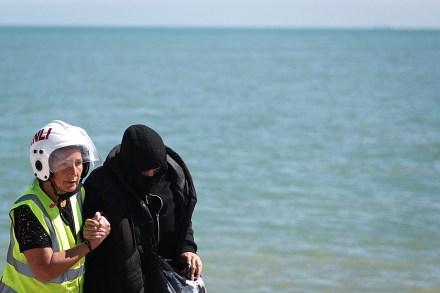Round the world in a vast, unlovely barge
Ships change not just their location but their identity throughout their lives. Medieval trading vessels became warships at royal command. The Queen Mary was a troop ship during the second world war. Ian Kumekawa, of Harvard University, has had the clever idea of following a modern ship through its metamorphoses and asking how these changes in use reflect the economic conditions of our time. But this ship is no Queen Mary. He calls it the Vessel, because it changes its name and owner so many times. Without its superstructure, no one would give it a second glance. It has neither an engine nor a rudder. It had to be mounted




















